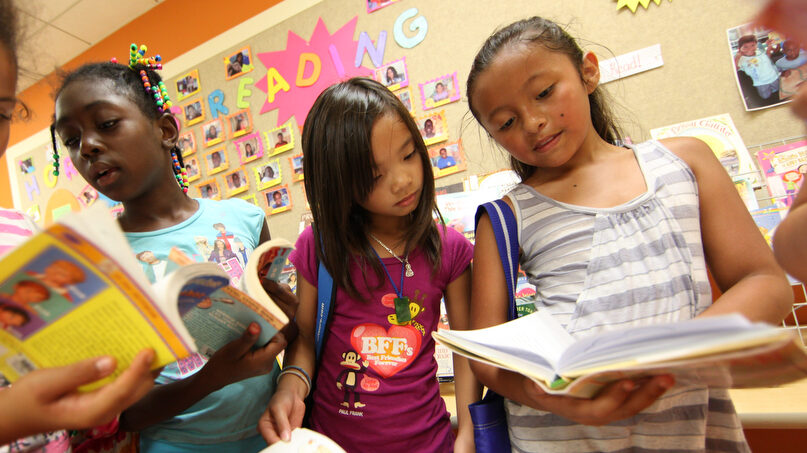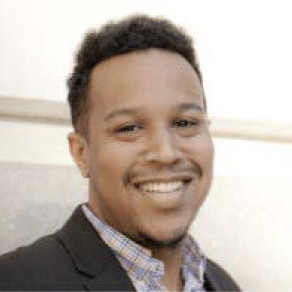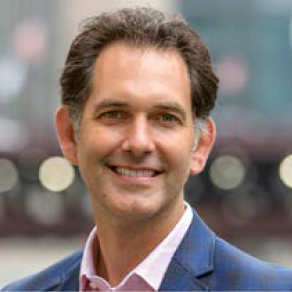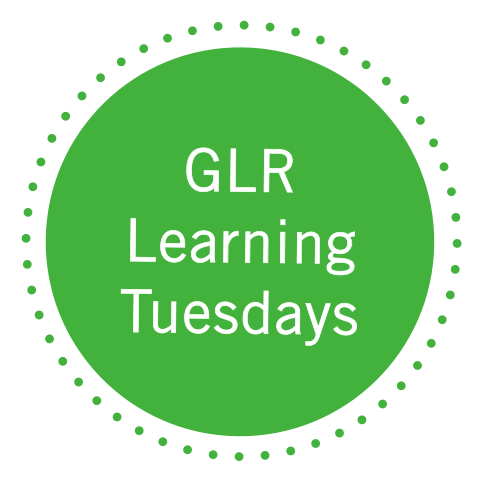
- This event has passed.
Pathways to Progress: Inspiring Success Stories in Student Learning Recovery

“Implementation is the new innovation.”
–Doug Scott
This GLR Learning Tuesdays session explored effective frameworks and stories of overcoming learning loss and promoting equity in education.
Kelsey Young, Ph.D., of Curriculum Associates highlighted findings from their research on six urban school districts that exceeded expectations post-pandemic. Her team identified six key practices driving student success. Young underscored that implementation — driven by strong leadership and alignment — was critical to the success of these practices, stating: “If we reflect on those six keys I discussed, most were kind of a culture shift that happened at the district and leadership levels. And so, yes, we want educators to change their mindset, but it falls on district and school leaders to empower educators.”
Doug Scott and Emmy Liss of McKinsey & Company shared insights from their global research on education transformation. Scott emphasized the importance of balancing implementation strategies with longevity in mind. Some of McKinsey’s levers for successful implementation include:
-
- Building durable coalitions for change through clear priorities and stakeholder engagement.
- Creating delivery capacity with infrastructure and expertise to ensure strategies are actionable and of appropriate scale.
- Driving and adapting with data to effectively make informed decisions and for continuous innovation.
Scott reviewed case studies, including Washington, D.C., where authentic community engagement helped rebuild public confidence in schools, and Liss highlighted a community in Oregon where early childhood programs were implemented because of community demand and advocacy.
Action Steps for CGLR Communities
The webinar concluded with practical guidance for CGLR communities looking to create lasting change.
Eric Duncan, J.D., from The Education Trust focused on systemic inequities and the critical role of policy in ensuring resource equity: “We can really prioritize and start to look at ways to build out policy solutions to support schools and districts to execute on these things, and to identify very strategically and upfront the areas on which we need to focus.” Duncan introduced EdTrust’s Alliance for Resource Equity Toolkit, which helps communities identify disparities in teacher experience, advanced coursework access and school leadership quality. Duncan emphasized that the toolkit can help identify “some of the things that district and school leaders need to be asking and need to be thinking about as they’re trying to close some of the gaps that we see.”
Additionally, the panelists encouraged communities to:
- Leverage Data: Remain grounded by “talking about data, not talking about anecdotes” to identify gaps and ensure equitable practices are prioritized.
- Build Coalitions: Create what Scott called an “exoskeleton” to sustain initiatives across leadership transitions.
- Advocate for Implementation Fidelity: Liss explained the need for this saying, “True education transformation is not sexy. There is no silver bullet. It is really hard work focused on implementing the strategy that works.” Communities can support systems in maintaining focus on evidence-based practices while holding them accountable for results.
Moderator John Gomperts of The Campaign for Grade Level Reading closed the discussion by reiterating the power of community-driven change: “Successful implementation is not just about choosing the right strategies but building the conditions and coalitions to see them through.”
Share with us how you’re doing this work in your own community by completing the survey below.
If you were able to attend the session, we would love to hear your feedback! We appreciate your help in filling out the following form as we seek to learn and understand the perspectives, ideas, critiques and recommendations that better inform our key audiences.
Panel







